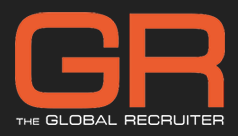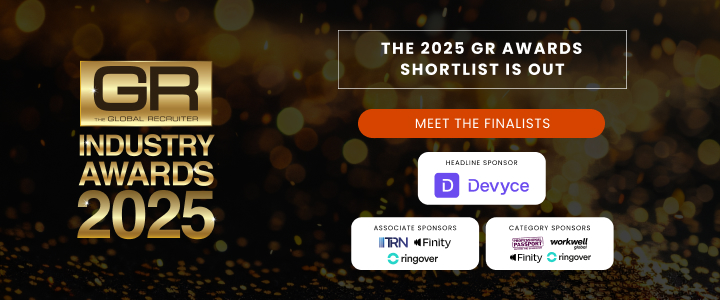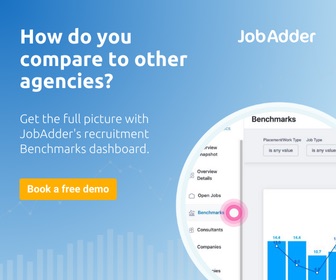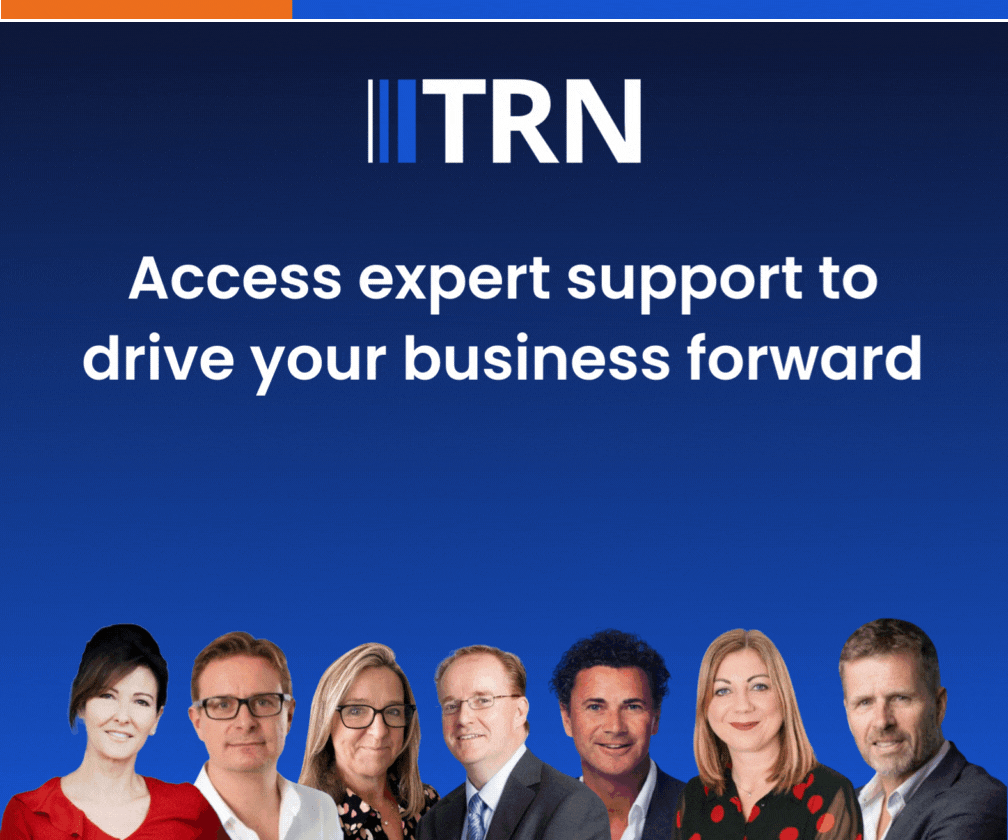Dr. Raoul-Gabriel Urma (LinkedIn), founder & CEO of Cambridge Spark says AI skills are now a necessity for every role – and recruiters must keep up.
AI is reshaping the world of work as we know it. Businesses the world over are investing millions into their AI strategy, with 78 per cent of firms now using or exploring AI in their day-to-day operations (McKinsey).
But as AI adoption accelerates, a new problem is emerging: the AI skills gap. Hiring needs are changing fast, and the demand for AI talent is far outstripping supply. In the UK, AI skills are now the scarcest skill on the job market and represent the biggest tech skills shortage in 15 years (Global Recruiter).
The ubiquity of AI has pushed AI skills well beyond the confines of the tech sector. Regardless of business size, speciality, or sector, AI-proficient talent is now at the top of every business’s wish list. Without the right people with the right skills, businesses risk finding themselves lumped with costly AI tools, strategies, and processes that no one can deploy.
These skills are no longer a nice-to-have – they’re a necessity for modern-day businesses.
AI skills must become a top recruiting priority. Recruiters and staffing agencies have a crucial role to play in bridging the skills gap, as well as the opportunity to carve out a niche as an expert on hiring for AI and digital skills.
As hiring becomes more complex and more tech-driven, recruiters need to evolve alongside it. Not only in the way that recruiters think about hiring, but also in the way that hiring practices are carried out.
Understanding the problem
Firstly, building a strong foundational understanding of AI and its uses in the workplace is now absolutely essential for hiring in the modern day. Recruiters are no strangers to the value of continuous learning and upskilling – but it’s just as important that they practice what they preach and invest in developing and strengthening their understanding of AI.
This spans beyond simply recognising the sort of AI tools that are out there. Recruiters need to understand how they’re being used in real-world settings. Recruiters need to be able to identify what sort of AI tools and skills will be of use in a given industry or role in order to create well-informed job descriptions and identify the right talent.
Keep up
Equally, recruiters must keep their finger on the pulse of the AI landscape. The AI industry is fast-developing and tools are being released and updated at a rate of knots. It’s vital that the recruitment industry keeps up-to-date with any developments that could impact their clients, their hiring needs, or the hiring process in general.
Staying abreast of developments in the AI industry will put recruiters in a strong position to better anticipate skill gaps, stay on top of changing hiring needs, and guide clients on the sort of skills they should be prioritising in upcoming hiring drives.
But developing a strong understanding of AI isn’t enough on its own. Recruiters must also be able to apply this baseline knowledge of AI in context. An understanding of how AI applies to real-world business needs is essential if staffing agents want to be able to spot and put forward the best AI-adept candidates.
“AI skills” listed on a candidate’s CV could mean everything or nothing. Recruiters and staffing agents must be able to identify what different AI skills actually involve. Not all “AI proficient” applicants will be the right fit. Proficiency in one tool doesn’t necessarily mean they’ll understand how to use the AI platform that the hiring business uses.
Skills that have meaning
Recruiters should try and interpret AI skills in a real-world business context and aim to evaluate outcomes alongside the applicant’s repertoire of AI skills. This could involve having candidates give examples of what they achieved by using AI, whether that was to deliver measurable results, half the time taken to complete a process, or solve a problem.
By being able to apply their understanding of AI in a business context, recruiters can better identify which AI skills can be taught or learned on the job and which are non-negotiable must-haves – ensuring the right candidates are given a fair chance in the hiring process.
AI hires
Lastly, the recruitment agencies looking to attract AI talent must ensure they adopt AI-forward hiring practices that adequately reflect the changing landscape of work and job-hunting.
For example, AI-assisted CVs and cover letters are increasingly common. Almost two-thirds of recent job applications have been flagged AI-generated (The HR Director), yet 80 per cent of hiring managers view AI-generated CVs negatively (CV Genius).
Rather than dismissing AI-enhanced CVs outright, recruiters and staffing agencies should consider how candidates are using these tools and view it as an example of the candidates’ AI abilities.
Recruiters should also ensure that any future job descriptions reflect the growing need – and appreciation – for AI literacy and skills in both technical and non-technical roles.
All roles, regardless of department or industry, should list AI as a desirable skill. Whether that’s an “ability to experiment with AI” or “proven experience using AI tools”, including a mention of AI in job descriptions will be instrumental in encouraging AI-proficient candidates to put themselves forward for a role.
In conclusion, AI’s growing presence in the workplace, and the emerging skills gap that comes with it, creates both challenges and opportunities for the recruitment and staffing industry.
New tools and technologies are emerging at a dizzying pace, and the goalposts for what makes a “good” candidate seem to shift every day. Recruiters are being pushed into rethinking once-familiar processes, getting to grips with new and unfamiliar technologies, and adopting new, AI-forward hiring practices.
But this is equally a moment of real opportunity. Recruiters who are willing to invest time in learning and upskilling can position themselves as leaders in the AI era of work and hiring.





